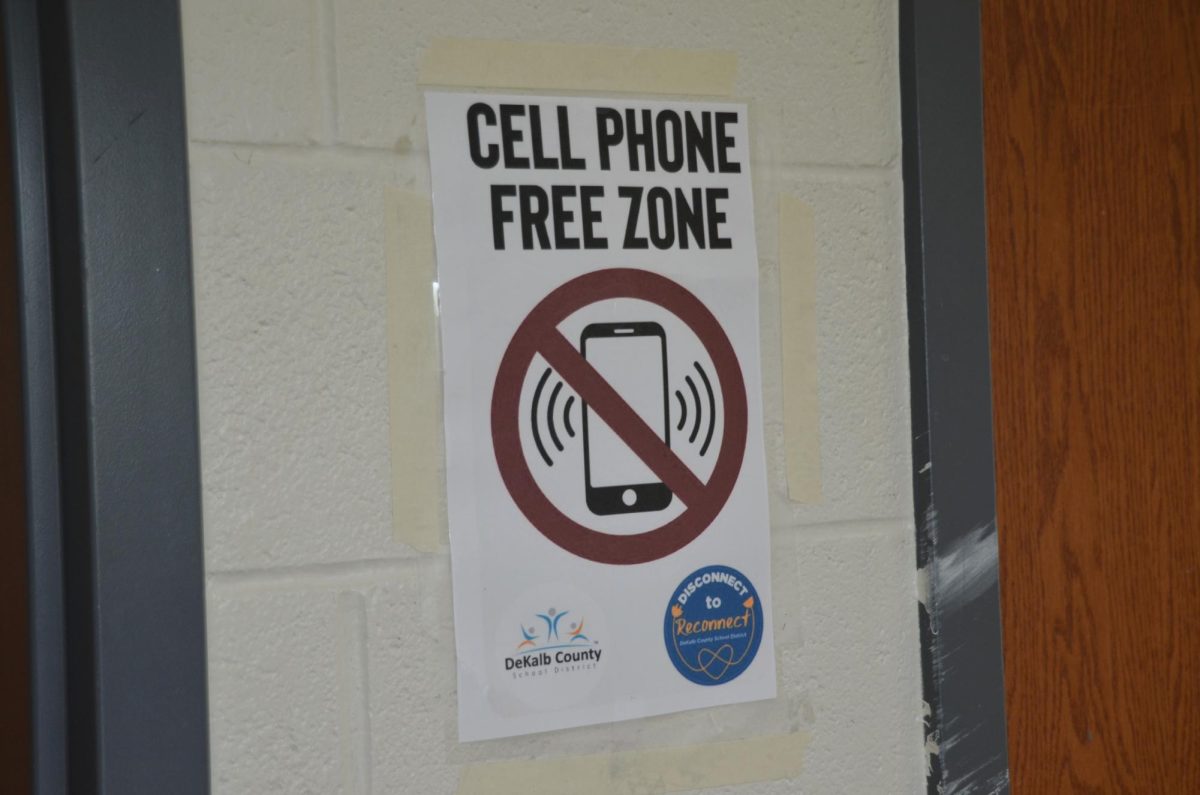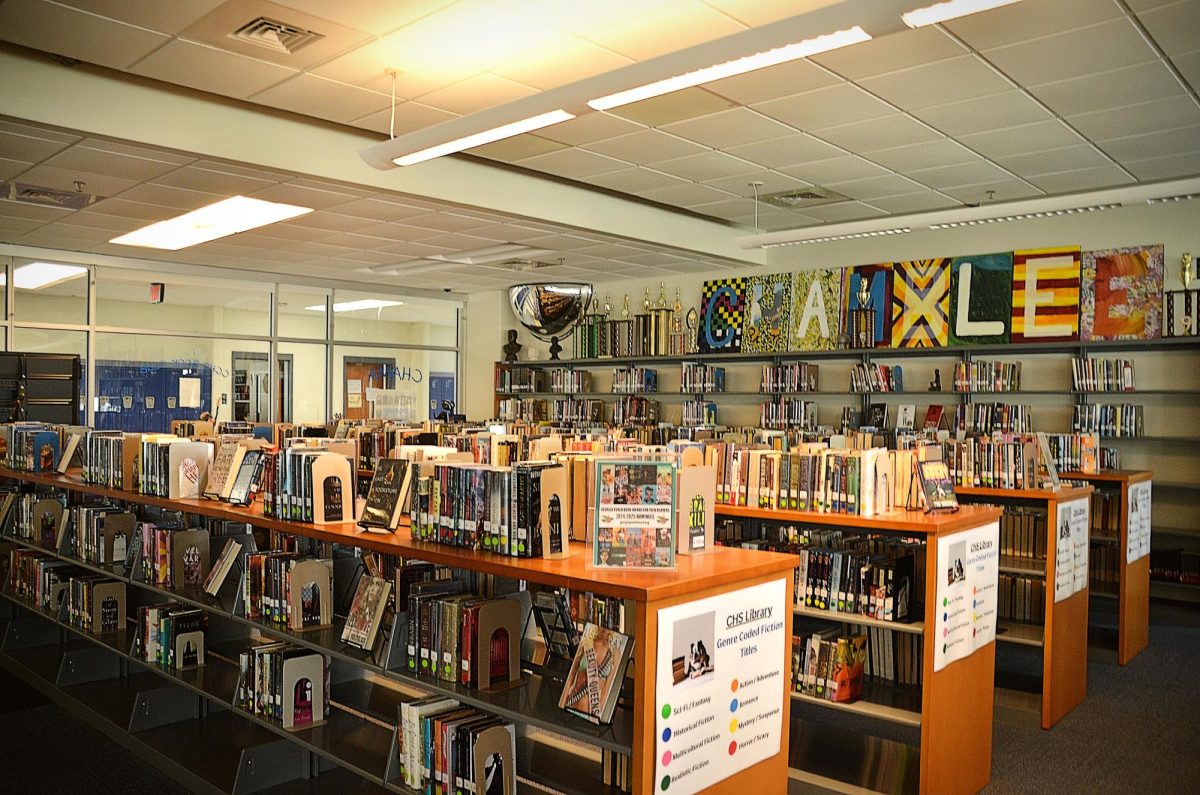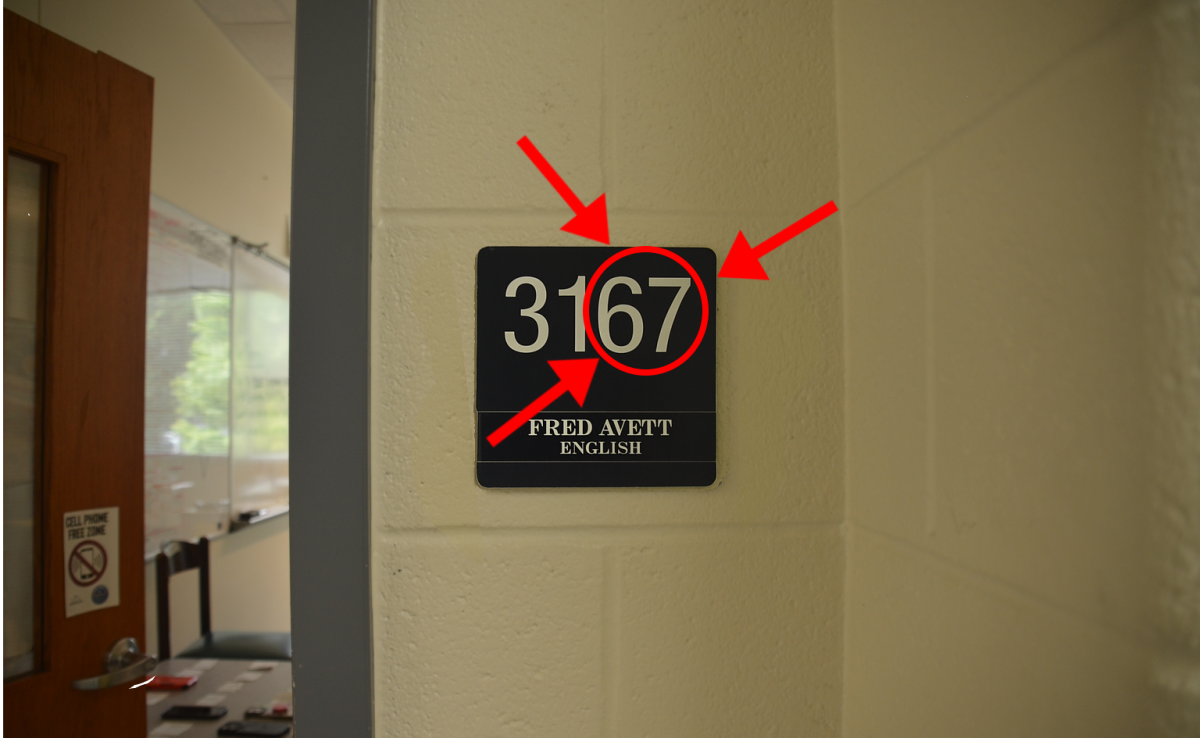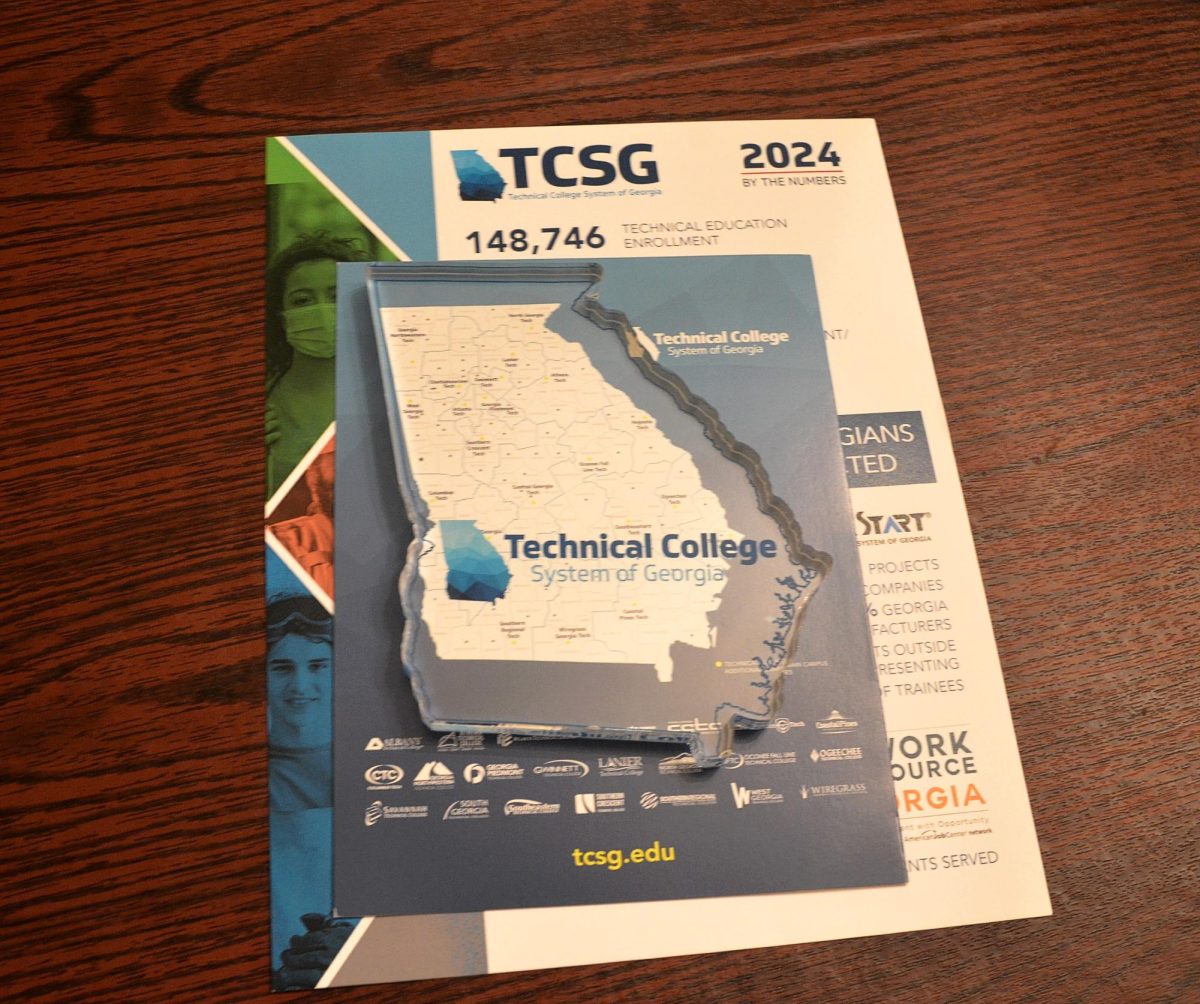On July 7th, 2024, the DeKalb County School Board passed a $400k program called the Pilot Program. This program required students at 10 high schools and middle schools across the county to use Yondr pouches to restrict phone use during school hours. After the 2024-2025 school year, the data proved a positive impact on these respective schools. Therefore, on July 29th, 2025, a week before the first day of school, DeKalb County announced a district-wide phone ban, impacting all high schools and many middle schools. While not all schools have Yondr pouches, all students are required to power off their devices throughout the entire day, including lunch and class change. This ban has caused a large debate among Chamblee students, some believing the ban is ethical while others disagree.
“I think it should be our choice if we have [our phones] or not, because if you want to learn and succeed in school, having a phone shouldn’t be a problem,” said Brooke Winokur (‘29).
While the phone ban was initially implemented to improve learning in classrooms, some students found that it posed more challenges to their learning experience. For example, some classes require a collection of data and interviews; however, it will now be more difficult to collect with the restriction on phone use. Both classes of Journalism and Yearbook have had to adapt to this phone ban by learning how to use voice recorders and digital cameras.
“Interviews are harder to do now that we can’t use our phones to record and take photos with,” said Beck Heaps (‘26).
In addition to banning cellular devices, DeKalb County also restricted the use of personal computers, resulting in the entire student body resorting to the school-provided Chromebooks. Many students have shown resistance to this new rule in particular.
“The wifi on the Chromebooks is much slower than a personal computer, and I used to use my planner on my computer every day; now I don’t even have access to it,” said Liam Ahmed (‘27).
Similarly, Stella Barton (‘26) emphasizes her issues with the blocked websites on the Chromebooks because they diminish the work she can accomplish.
“I cannot access my Gmail, nor can I do any of my college applications,” said Barton.
In contrast, some students have no issue with the Chromebooks because they are accustomed to using them.
“I didn’t have a personal laptop to begin with,” said Heaps.
Many students have expressed their opposition to the phone ban during lunch, particularly.
“[Lunch] is the 20 minutes we get to ourselves. We aren’t even learning then,” said Barton.
Meanwhile, others claimed that the restriction on phones during lunch provides more benefits.
“My friends are much more talkative now that they aren’t glued to their phones,” said Ahmad. “[One of them] used to not talk at lunch at all; now he has a lot to say.”
Mr. Evan Chapman, CHS Assistant Principal of Discipline, noticed a major difference during lunches as well.
“Students are talking so much more; the lunches have definitely gotten louder. It’s honestly refreshing to hear people talking more instead of being glued to their phones,” said Chapman. “It’s been this way since 2020, or before lockdown, where people just aren’t communicating.”
Many students understand the importance of the phone ban during instructional time due to its role in lowering distractions, yet many also believe that the permission of phones during lunch would give students time to unwind. As many schools continue to navigate the issue of cellular devices on campus, the formation of a productive phone policy to support both staff and students remains a priority.














